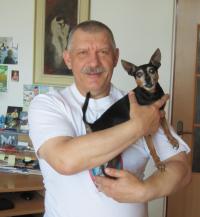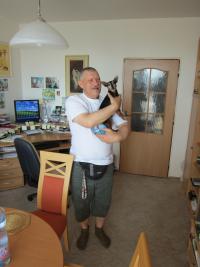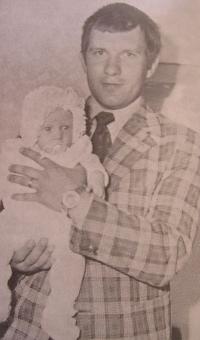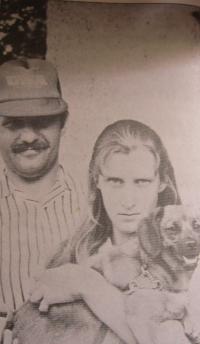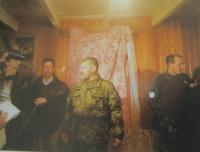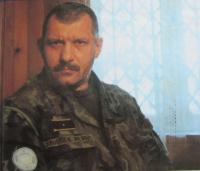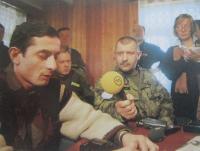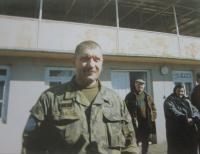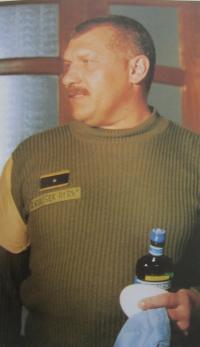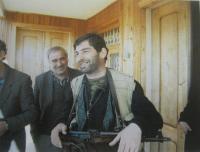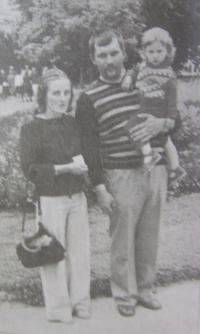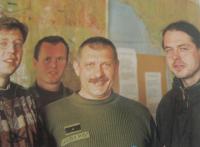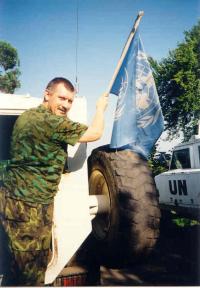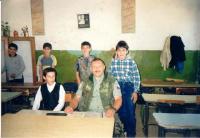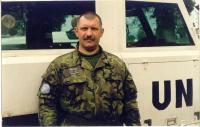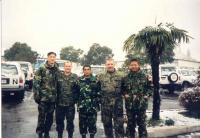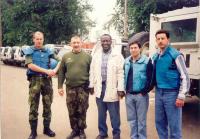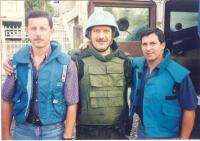Abducted by Georgian insurgents

Download image
Ing. Jaroslav Kulíšek was born in 1953 in Krnov. At school, he voluntarily enlisted in the Czechoslovak People’s Army. He stayed in the army and studied at the VVS PV LS Vyškov (1977), VAAZ Brno (1985) and at the Integrated Academy of the Dutch Royal Armed Forces NIAGOS (1999). He served as a staff officer in several missions in various locations. In the Czechoslovak People’s Army, he attained the rank of a company commander but in 1996, he lost this position in the course of the reorganization of the army. He was looking for a substitute and applied for a job in monitoring missions of the UN which he eventually got. He became a UN observer and was sent on a mission to Georgia. His task was to monitor the adherence of Georgia and Abkhazia to the peace treaty they had concluded. In 1998, he was abducted by insurgents near the border to Abkhazia together with several other UN observers and they were kept in captivity for a number of days. After seven days, he managed to escape from captivity. He returned to Georgia in 2000, when he was sent on another UN monitoring mission. He participated in a number of other missions and he was in charge of a whole contingent in former Yugoslavia. He took part in the EUFOR RD CONGO mission and in a training mission in Iraq. Today, he lives in Olomouc and works as a civilian employee of the Ministry of Defense.
